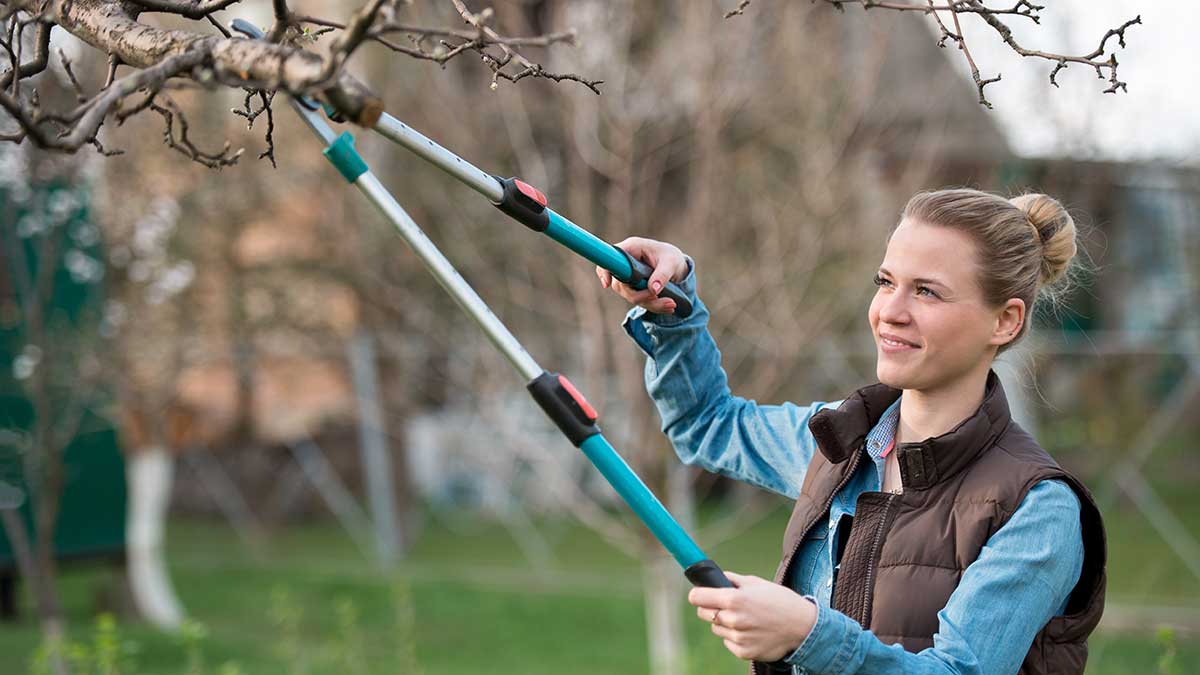Living sustainably doesn’t have to mean overhauling your entire lifestyle. In fact, some of the most impactful changes are small, simple swaps that can be made without sacrificing comfort or convenience. While many families are already familiar with reusable grocery bags and stainless steel water bottles, there are lesser-known alternatives that can reduce waste and support a healthier planet.
This article explores some easy eco-friendly swaps that are often overlooked but can make a meaningful difference. These ideas are practical, family-friendly, and designed to fit seamlessly into everyday routines.
Switch to Refillable Cleaning Products
Traditional cleaning products often come in single-use plastic bottles that end up in landfills or recycling centers. A more sustainable option is to switch to refillable cleaning systems. These typically involve concentrated cleaning tablets or liquids that can be mixed with water in reusable spray bottles.
Not only does this reduce plastic waste, but it also cuts down on the carbon footprint associated with shipping heavy liquids. Many refillable products are plant-based and free from harsh chemicals, making them safer for children and pets. Some companies even offer subscription services that deliver refills directly to your door, making it easier than ever to stay stocked without contributing to packaging waste.
Rethink Your Dental Routine
Oral care is an area where small changes can have a big impact. Most families use plastic toothbrushes and conventional floss, both of which contribute to environmental waste. A more sustainable approach includes switching to bamboo toothbrushes and biodegradable floss options.
Many people don’t realize that traditional floss is made from nylon and often coated with synthetic wax, making it non-compostable. Eco-friendly floss alternatives use natural fibers and plant-based waxes, which break down more easily and are gentler on the environment. These swaps are simple to implement and can be a great way to teach children about sustainability through daily habits.
Choose Cloth Over Disposable in the Kitchen
Paper towels and disposable napkins are staples in many households, but they’re also major contributors to waste. Replacing them with cloth alternatives is a straightforward way to reduce your environmental footprint. Cloth napkins, dish towels, and reusable cleaning cloths can be washed and reused hundreds of times, saving money and resources in the long run.
For families with young children, cloth wipes can also be used during mealtime cleanups or as an alternative to disposable baby wipes. Keep a small basket of clean cloths in the kitchen and another for used ones to make the system easy to manage. Over time, this swap becomes second nature and significantly reduces household waste.
Upgrade Your Food Storage Solutions
Plastic wrap and disposable sandwich bags are convenient but not eco-friendly. Fortunately, there are many reusable alternatives that work just as well. Beeswax wraps, silicone food bags, and glass containers are excellent options for storing leftovers, packing lunches, and keeping produce fresh.
Beeswax wraps mold to the shape of food or containers using the warmth of your hands and can be rinsed and reused for months. Silicone bags are durable, leak-proof, and safe for the freezer and dishwasher. These swaps not only reduce plastic waste but also help keep food fresher longer, which can reduce food waste as well.
Support Sustainable Shopping Habits
Beyond product swaps, consider how your family shops. Buying in bulk, choosing items with minimal packaging, and supporting local producers are all ways to reduce your environmental impact. Farmers markets, co-ops, and refill stores often carry products that align with eco-friendly values and offer opportunities to teach children about responsible consumption.
Encourage kids to participate in shopping decisions by letting them help choose produce or weigh bulk items. These experiences build awareness and help them understand the connection between their choices and the health of the planet.
Conclusion
Making eco-friendly changes doesn’t have to be complicated or expensive. By choosing thoughtful swaps in areas like cleaning, oral care, kitchen habits, and food storage, families can reduce waste and promote sustainability in everyday life. These small adjustments add up over time and help create a culture of environmental responsibility that children can carry into adulthood.
Source link
Guest Post bamboodu.com



